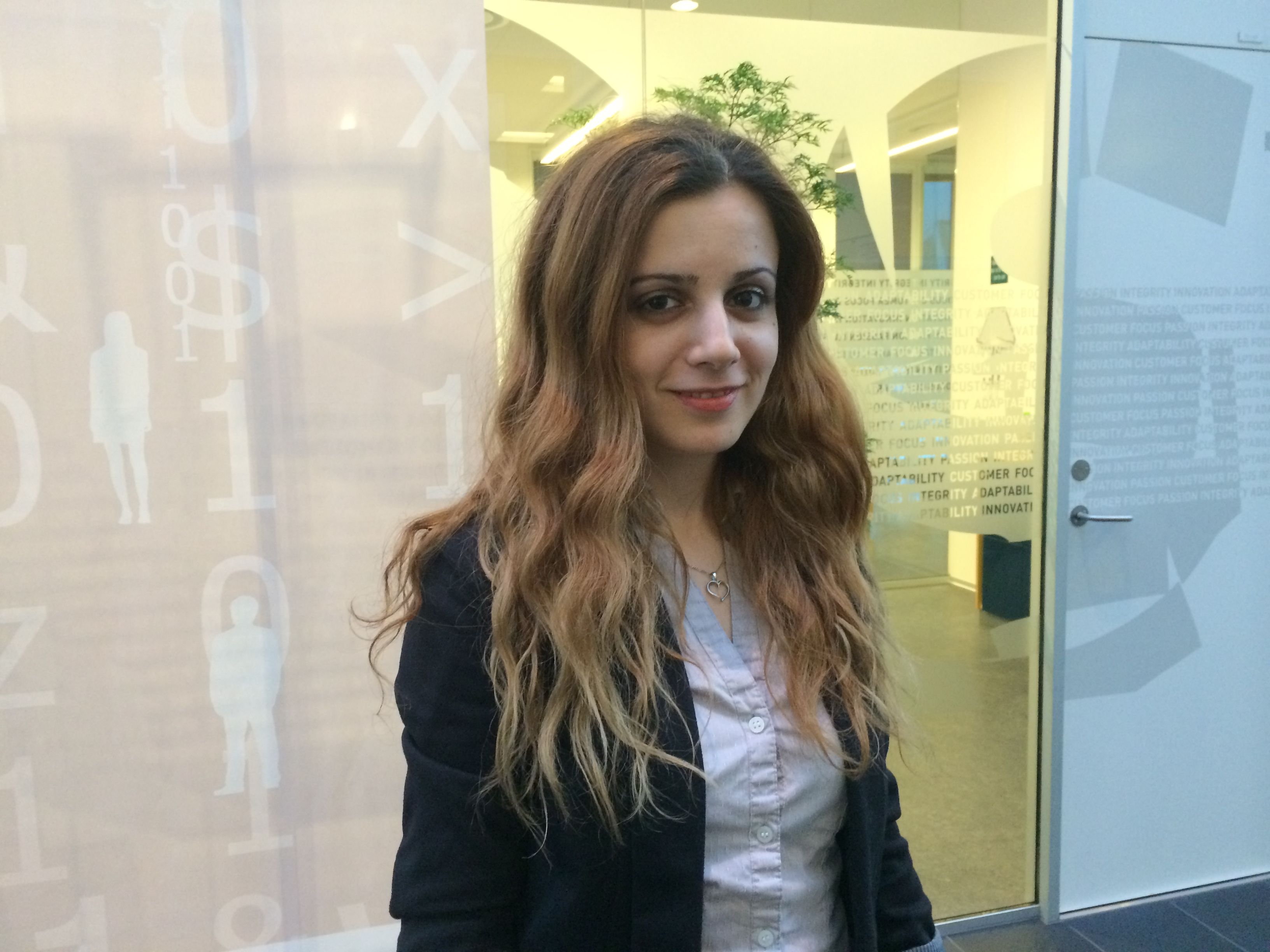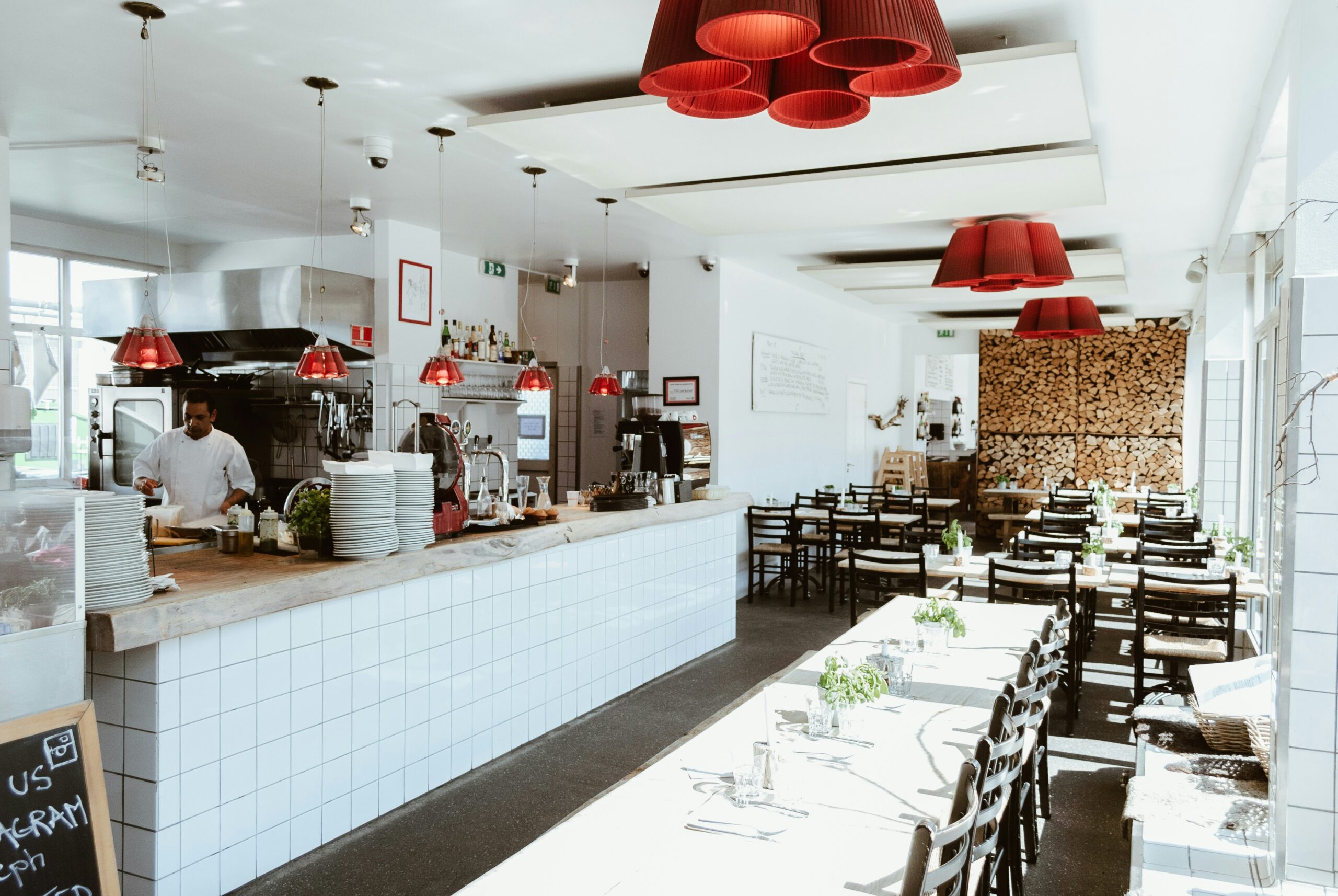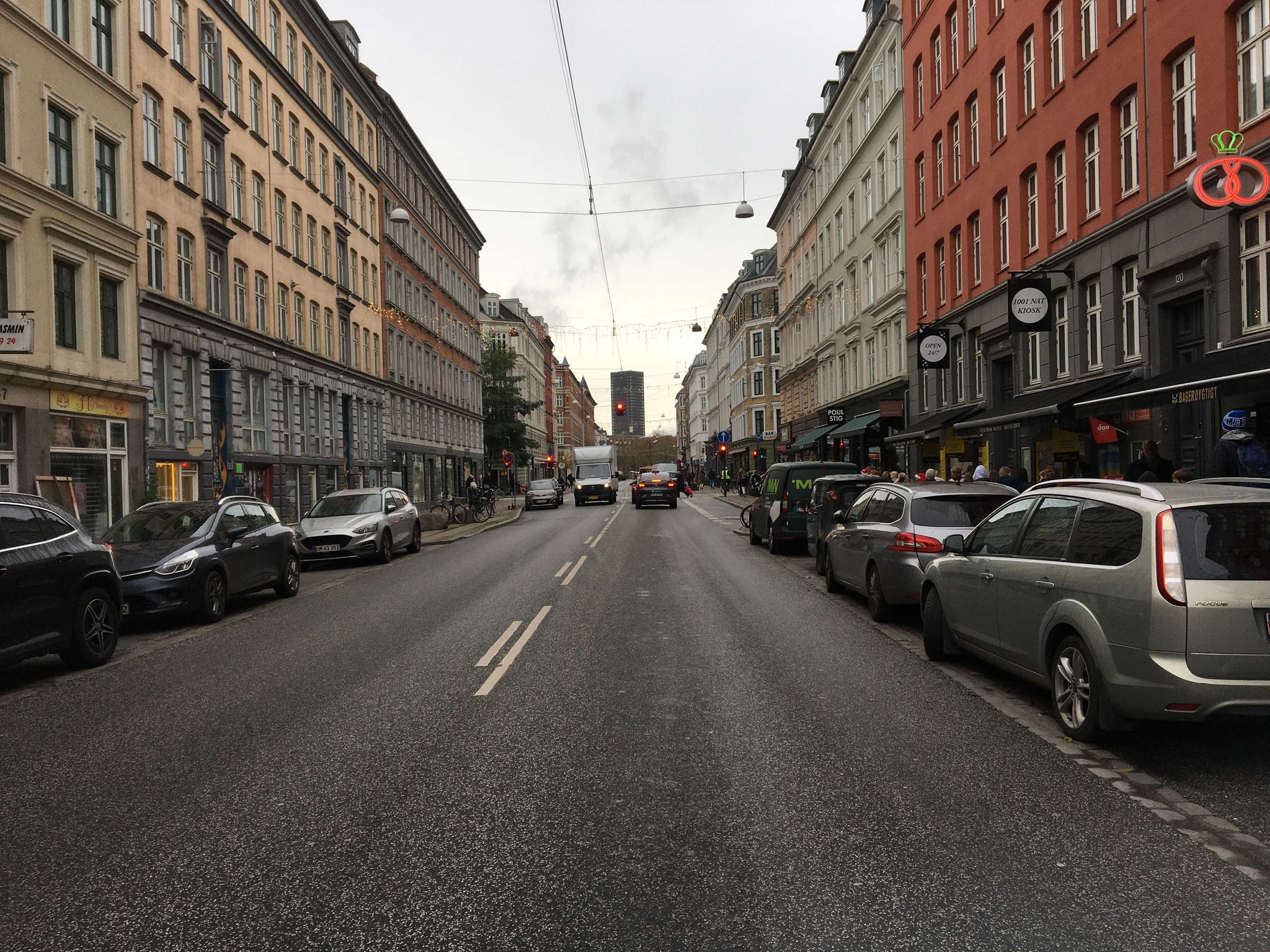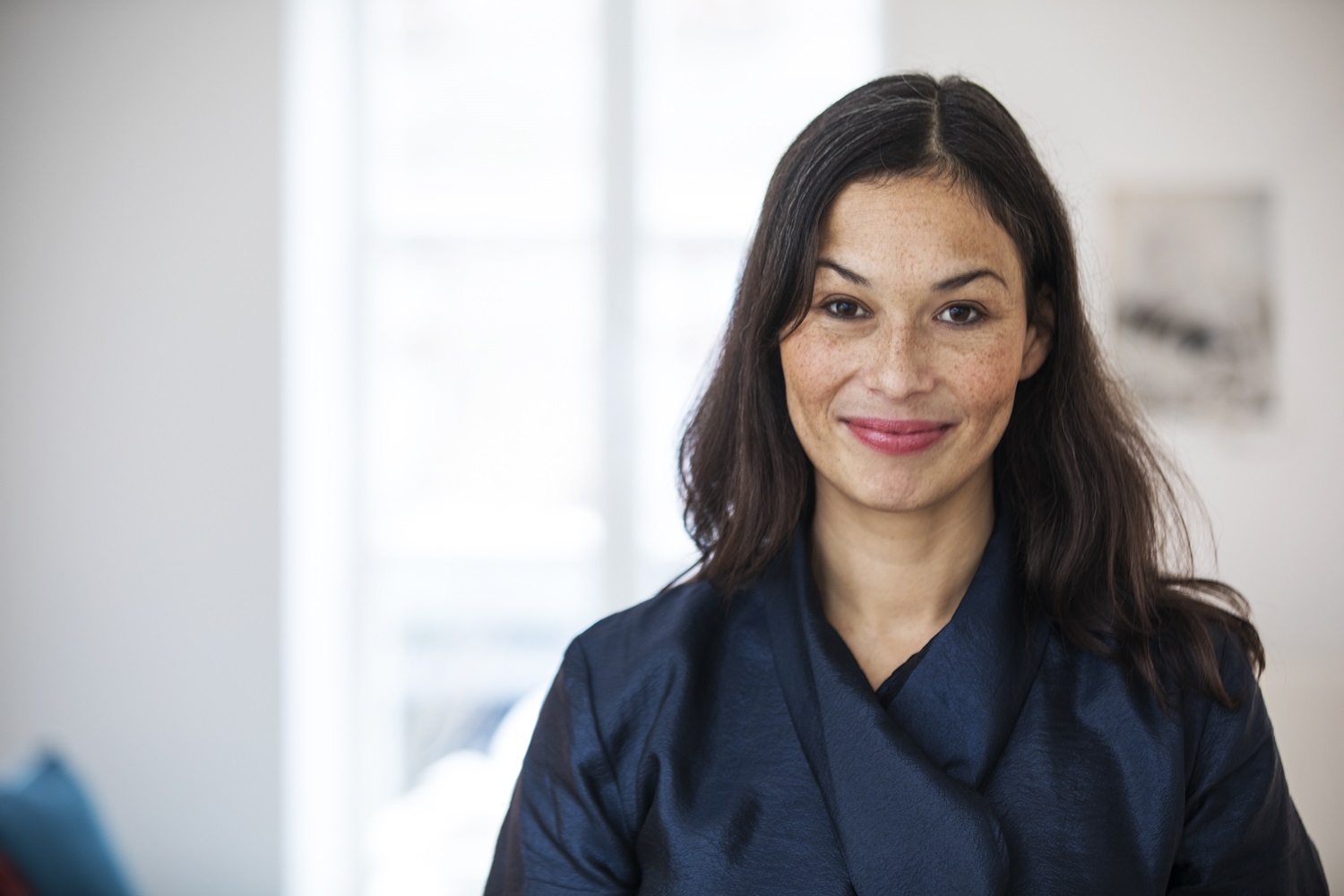What’s your job title and what do you do during a typical day at work?
I am a business analyst in the R&D Business Finance department at LEO Pharma. My team is a part of corporate business finance and supports the research and development (R&D) organisation with regards to all financial processes.
A typical day at work depends on the time of the month and the year. Twice a year, I help the business to plan its costs. At the beginning of each month, I make sure that all costs occurred during the month are reflected in our books. Afterwards, I prepare the reports for our top management. Outside of those days, a typical day involves answering emails, going to meetings, visiting scientists and managers to help them solve financial issues, improving processes and brainstorming. I also get to travel with the internal audit team and help them perform audits abroad at our affiliates a few times a year.
What’s the best thing about working for LEO Pharma?
As LEO Pharma is owned by the LEO Foundation and has no shareholders, we are only accountable to our patients. This is the best thing about working for LEO Pharma: the feeling of helping patients to have healthy skin. This is what brings us to work every day and makes us passionate and highly dedicated people. We in finance might not feel this directly, but we know that if we take care of where the money goes, then the business will keep running and bring new research ideas and solutions to the patients. Everybody feels responsibility from his or her angle. In the end we have all helped make an impact in one way or another.
Also, if someone is looking for a changing and dynamic environment, LEO Pharma is the right place. We innovate in the way we work. Such an environment brings out the best in every one of us and makes us learn and develop fast. I get to work in a very diverse team. My team consists of American, French, Vietamese, Chinese, British and Danish co-workers.
What brought you to Denmark?
The United Kingdom, Germany or France are typically top destinations for a Greek student to take a master’s abroad. However, I chose Denmark after my exchange semester in Scandinavia. During that time I travelled all around and visited Copenhagen, where I realised how great it is to live, study and work here.
After the exchange, I went home to finish my bachelor’s in Athens. During that time, I met my Lithuanian boyfriend at my home university, who was on an exchange program with CBS, where he was taking his bachelor’s. We wanted to live and study together so we both enrolled in master’s programmes at CBS. It was a great choice and Copenhagen is now our home.
What’s the best thing about working in Denmark?
The best thing about working in Denmark is the right balance between work and private life. There is an emphasis on creating a working environment that promotes a healthy life and respects one’s private life. There are a lot of initiatives supported by the employers to promote training and a good, balanced diet. I find this very valuable and important for reaching a good quality in your everyday life.
Also, the Danish culture at work focuses a lot on teamwork. This is a good way of sharing ideas, giving and receiving constructive feedback and interacting with people from various areas outside of your own team.
What do you see as being the most important things expat employees can offer to Danish companies?
As globalisation is a fact, employees with multicultural capabilities can help Danish companies stay competitive globally. Expatriates are adaptive to a changing and multicultural environment. We bring new ideas, a set of work values and a way of working that is a mix of our own culture and the local culture.
Specifically, a Greek expat will not leave the office until things on his or her agenda are done for the day and will expect more leadership from management. At the same time expats can learn a lot in Denmark – for example, working together and being less formal. All in all, I believe that the Greek and Danish ways of working compplement each other and can deliver the best results.


















